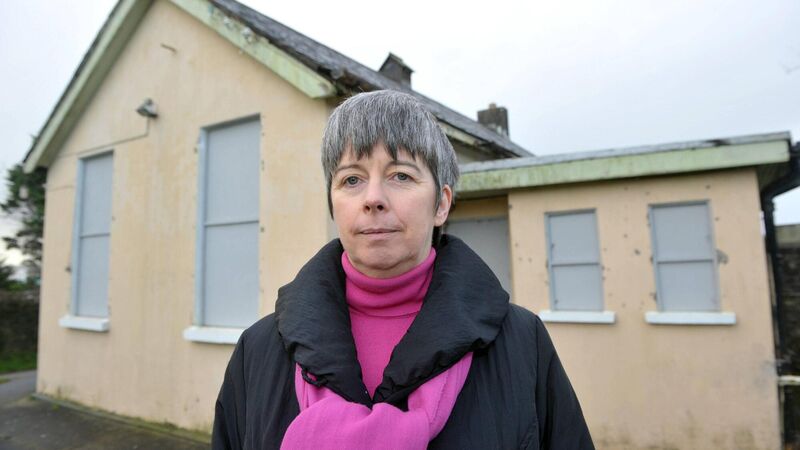Seven years on, apology to children abused in schools is meaningless

Louise O'Keeffe, who was the victim of sexual abuse at Dunderrow National School, Kinsale, Co Cork. Yesterday marked the seventh anniversary of the judgment of the Grand Chamber of the European Court of Human Rights in her case but seven years later it appears the State is no closer to meeting its obligations under human rights law to survivors. Picture: Dan Linehan
When Micheál Martin recently issued a State apology for the treatment of women and children in Mother and Baby Homes, the reaction of survivors was noticeably lukewarm and sceptical. They called for action, not words. This reaction was partly driven by an awareness of the State’s lamentable record in responding to other historical rights violations.
A case in point is the issue of sexual abuse in national schools. Yesterday marked the seventh anniversary of the judgment of the Grand Chamber of the European Court of Human Rights in the Louise O’Keeffe case. But seven years (and two State apologies) later, it appears the State is no closer to meeting its obligations under human rights law to survivors.













